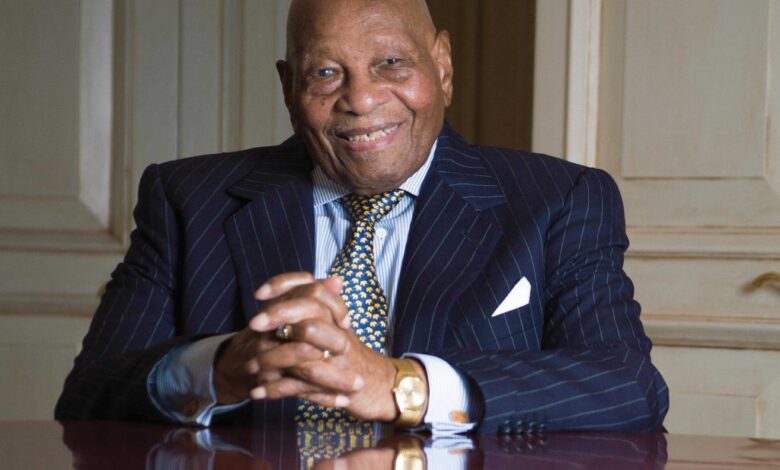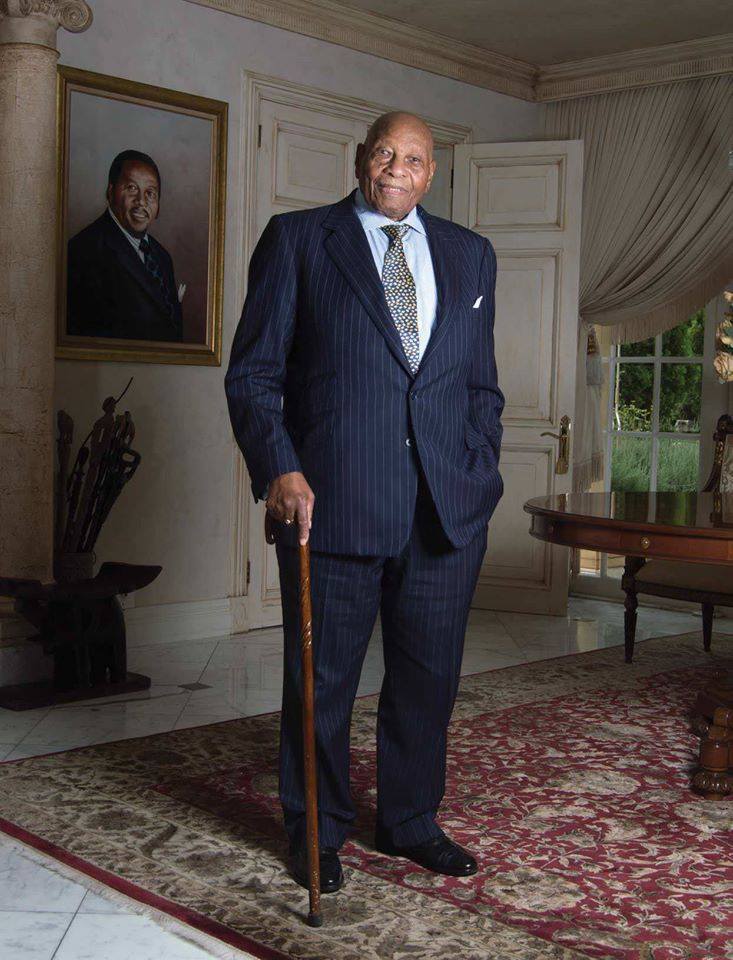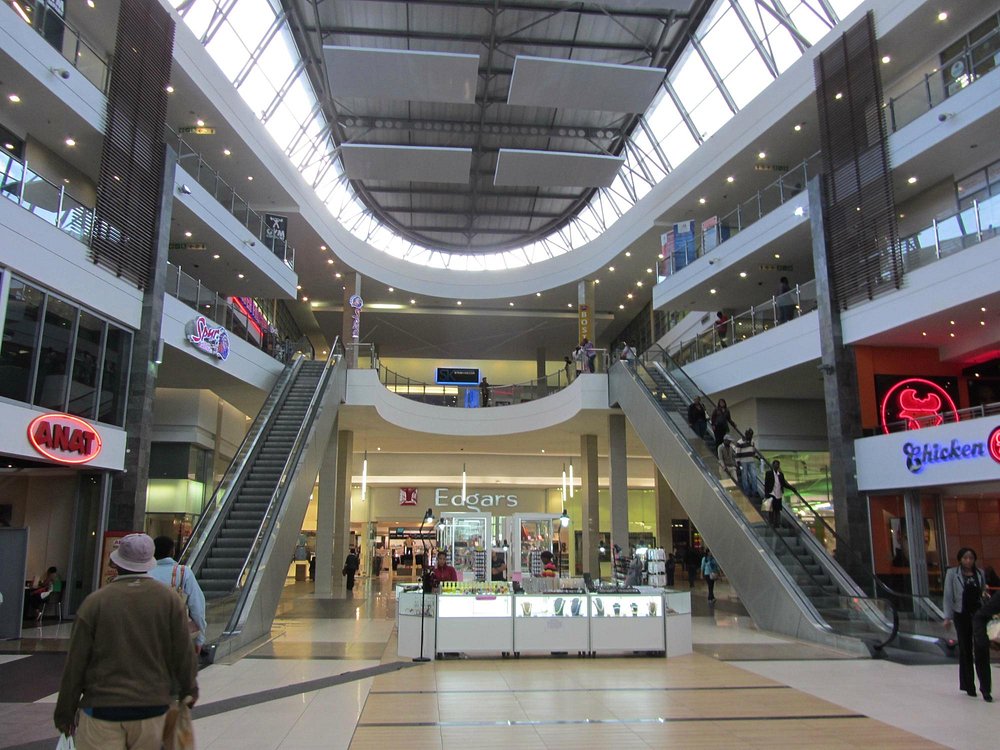Richard Maponya’s Vision: How He Built Maponya Mall in Soweto Against All Odds

Richard Maponya’s Vision: How He Built Maponya Mall in Soweto Against All Odds. In the heart of Soweto, Maponya Mall stands as a symbol of perseverance, vision, and economic empowerment. Built by the late Richard Maponya, a pioneering entrepreneur, the mall was more than just a retail center—it was a significant milestone in the economic transformation of South Africa. Overcoming systemic barriers, financial constraints, and years of effort, Maponya turned his vision into reality. This article explores his journey, the key strategies he employed, and the lessons aspiring entrepreneurs can learn from his story.
A Vision Born in Adversity
Richard Maponya’s journey into business began during the apartheid era, a time when opportunities for black entrepreneurs were severely limited. Despite legal and financial obstacles, he established successful ventures in retail and property development. One of his most ambitious goals was to build a shopping mall in Soweto, giving residents access to top retail brands within their own community.

Overcoming Challenges: Persistence and Strategic Alliances
Building Maponya Mall was no easy feat. For many years, Maponya faced difficulties securing land and financing for the project. Government restrictions and banking discrimination created significant hurdles. However, Maponya’s resilience and ability to forge strategic partnerships enabled him to make progress. He collaborated with banks and investors who recognized the potential of his vision.
A critical breakthrough came when he secured land rights after extensive negotiations, which set the stage for the mall’s construction.
The Grand Opening: A Milestone for Soweto
In 2007, Maponya Mall officially opened its doors, becoming one of the largest shopping centers in a South African township at the time. The mall housed major retail chains, banking institutions, and entertainment spaces, contributing to Soweto’s economic growth. It attracted shoppers from various areas, demonstrating the demand for retail infrastructure in townships.
Maponya’s strategic location choice ensured the mall was accessible to local residents while also drawing visitors from outside the township. The mall’s success not only supported local businesses but also created employment opportunities for many people.

Lessons for Entrepreneurs
- Vision and Persistence – Maponya’s unwavering belief in his goal kept him going despite significant obstacles. Entrepreneurs must maintain long-term vision and resilience.
- Strategic Networking – Building strong relationships with key stakeholders can open doors to essential resources and opportunities.
- Community-Centered Development – Understanding the needs of a community and providing relevant solutions can drive business success while making a meaningful impact.
- Overcoming Financial Barriers – Challenges such as funding limitations require alternative strategies like partnerships and advocacy to secure necessary support.
- Innovation and Adaptation – Adapting to market needs and ensuring sustainable business growth is essential for long-term success.
A Lasting Legacy
Richard Maponya’s legacy extends beyond Maponya Mall. His contributions to economic development continue to inspire entrepreneurs, particularly in underserved communities. Today, the mall remains a thriving commercial hub, serving as a testament to his resilience, vision, and commitment to uplifting Soweto’s economy.
For aspiring business leaders, Maponya’s journey offers a powerful lesson: with determination, innovation, and strategic partnerships, significant achievements are possible.





